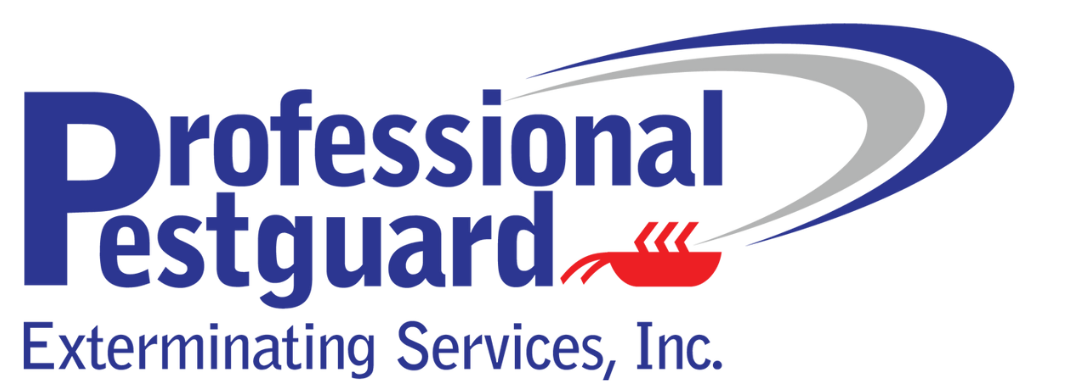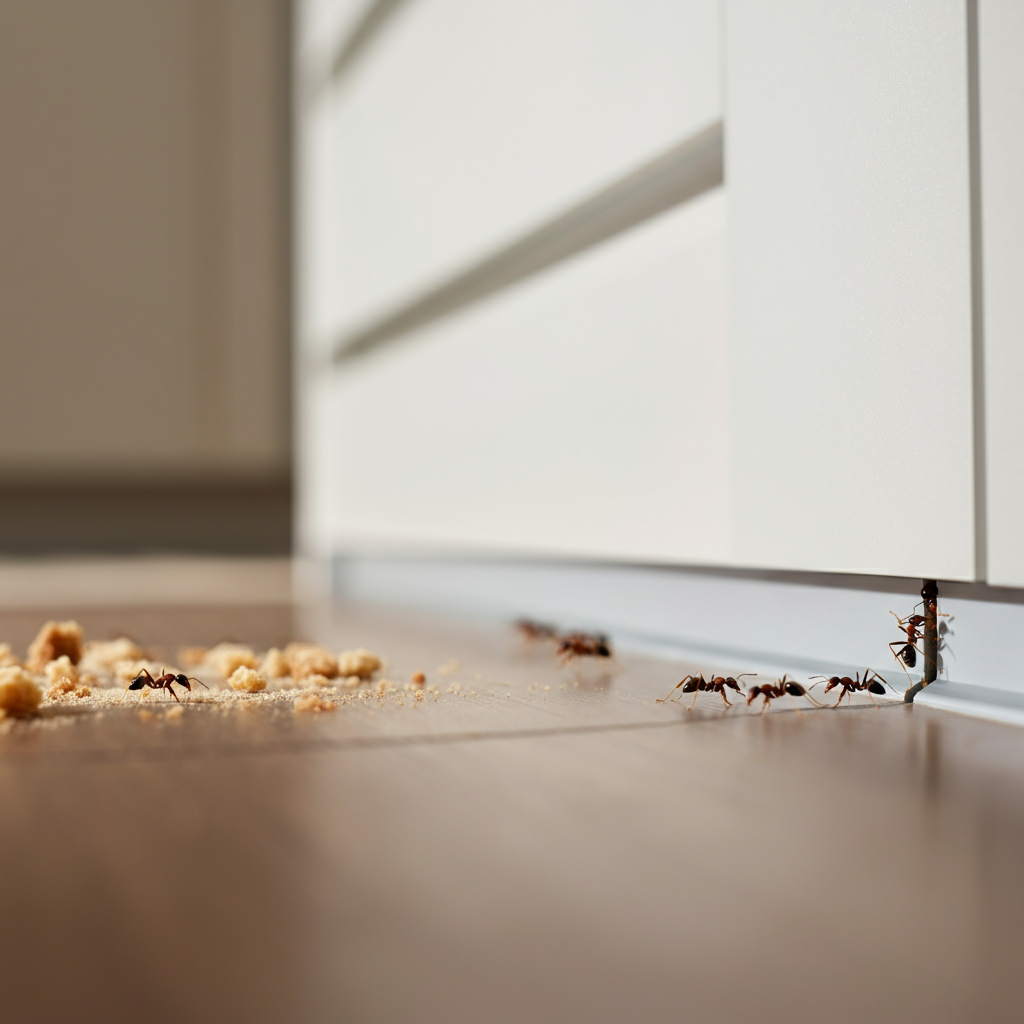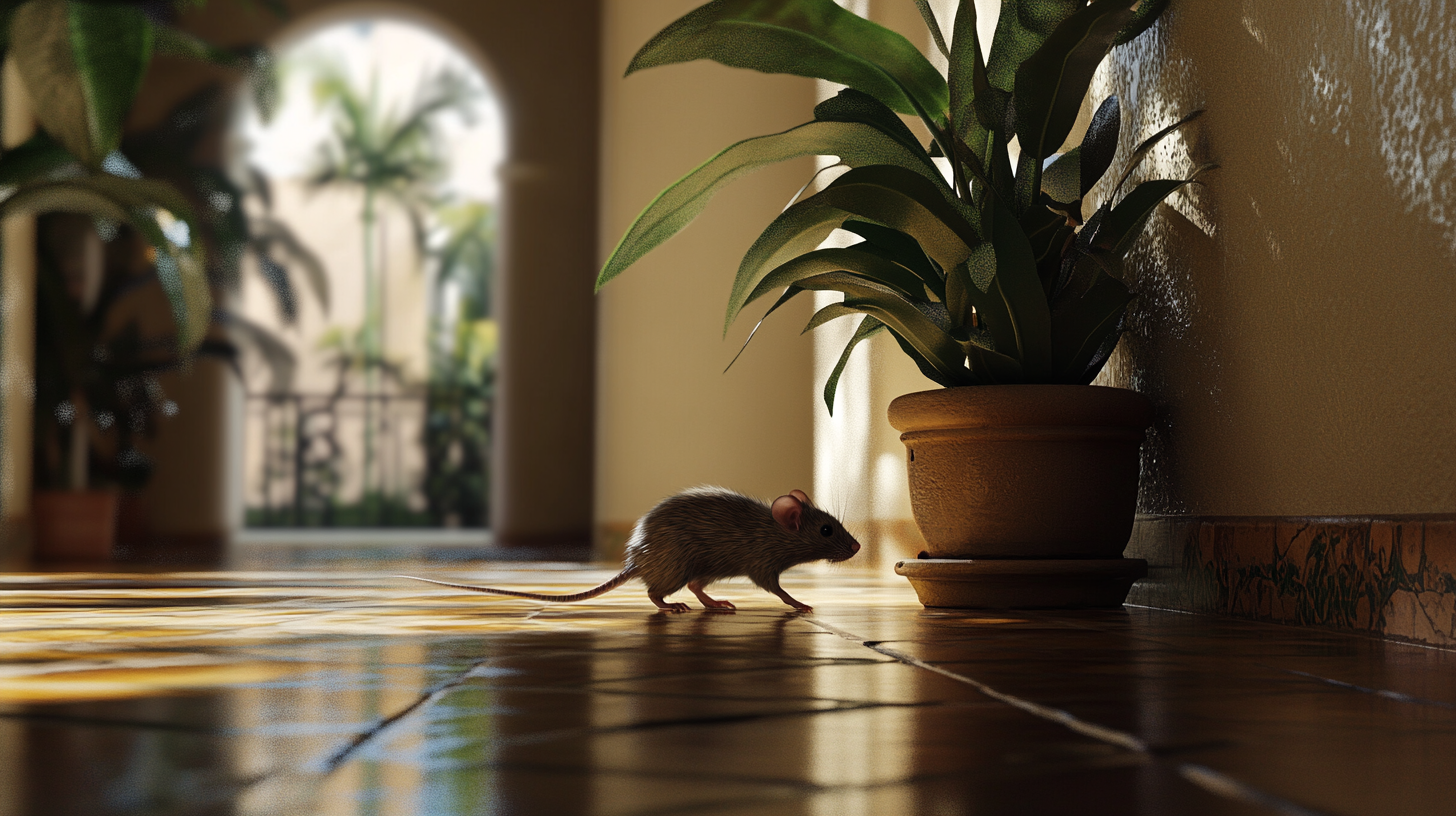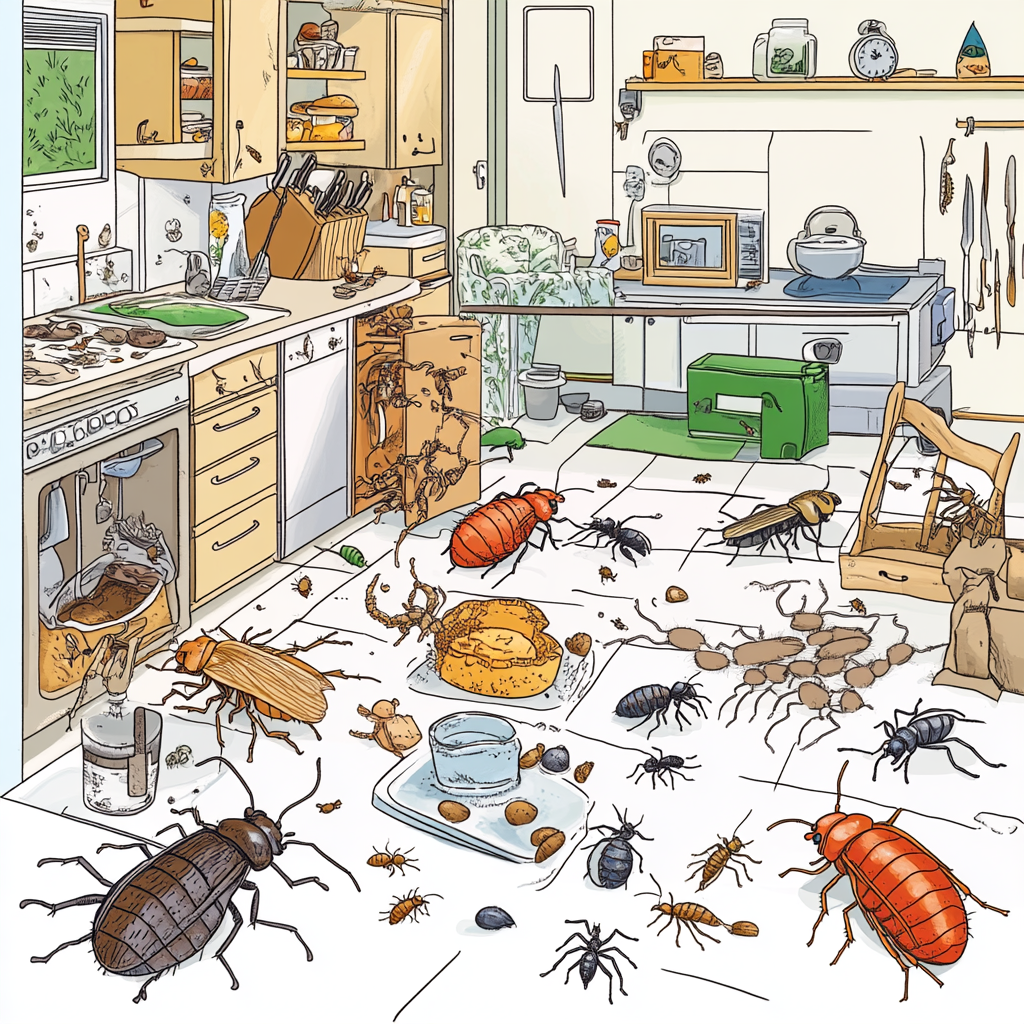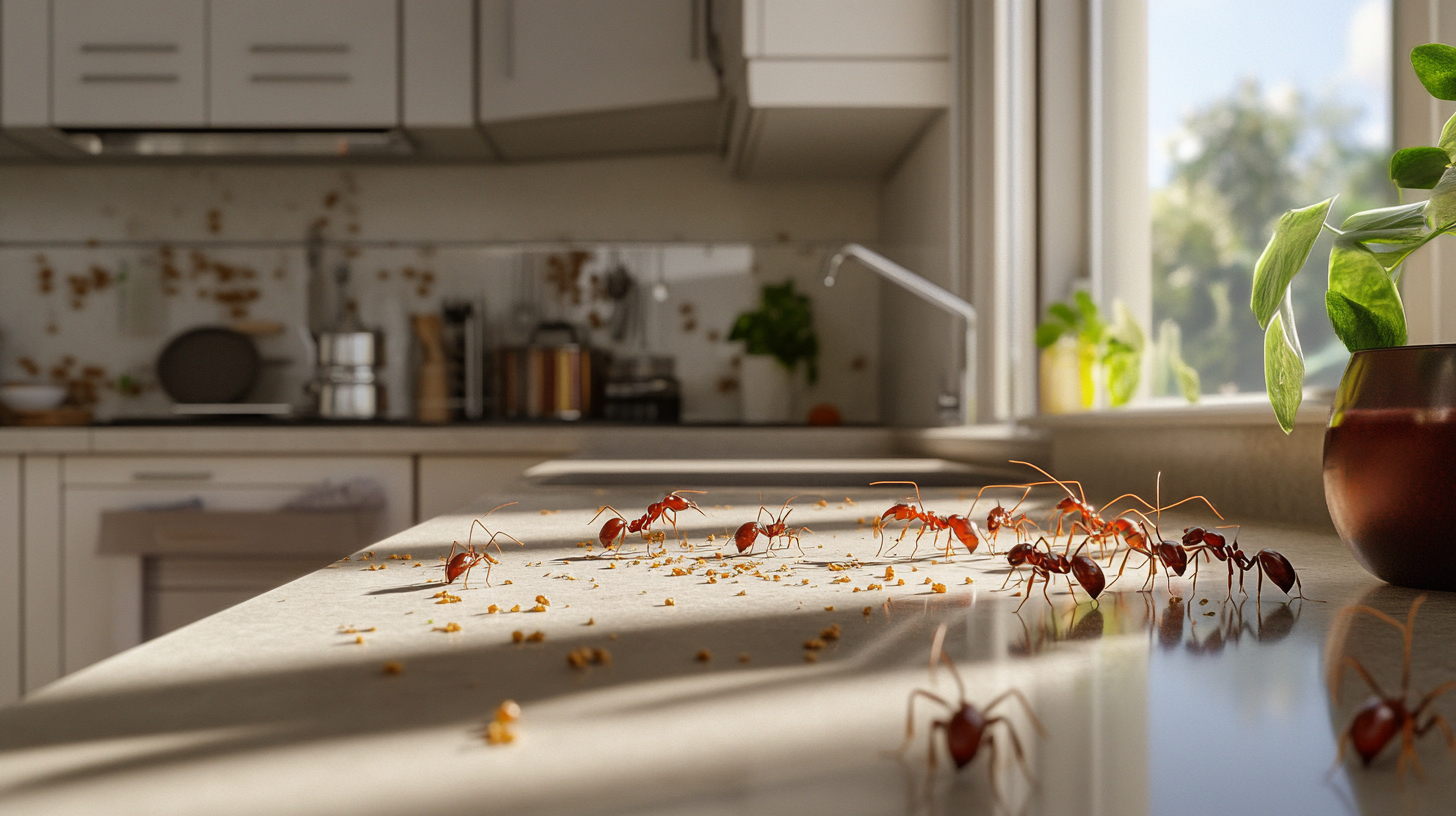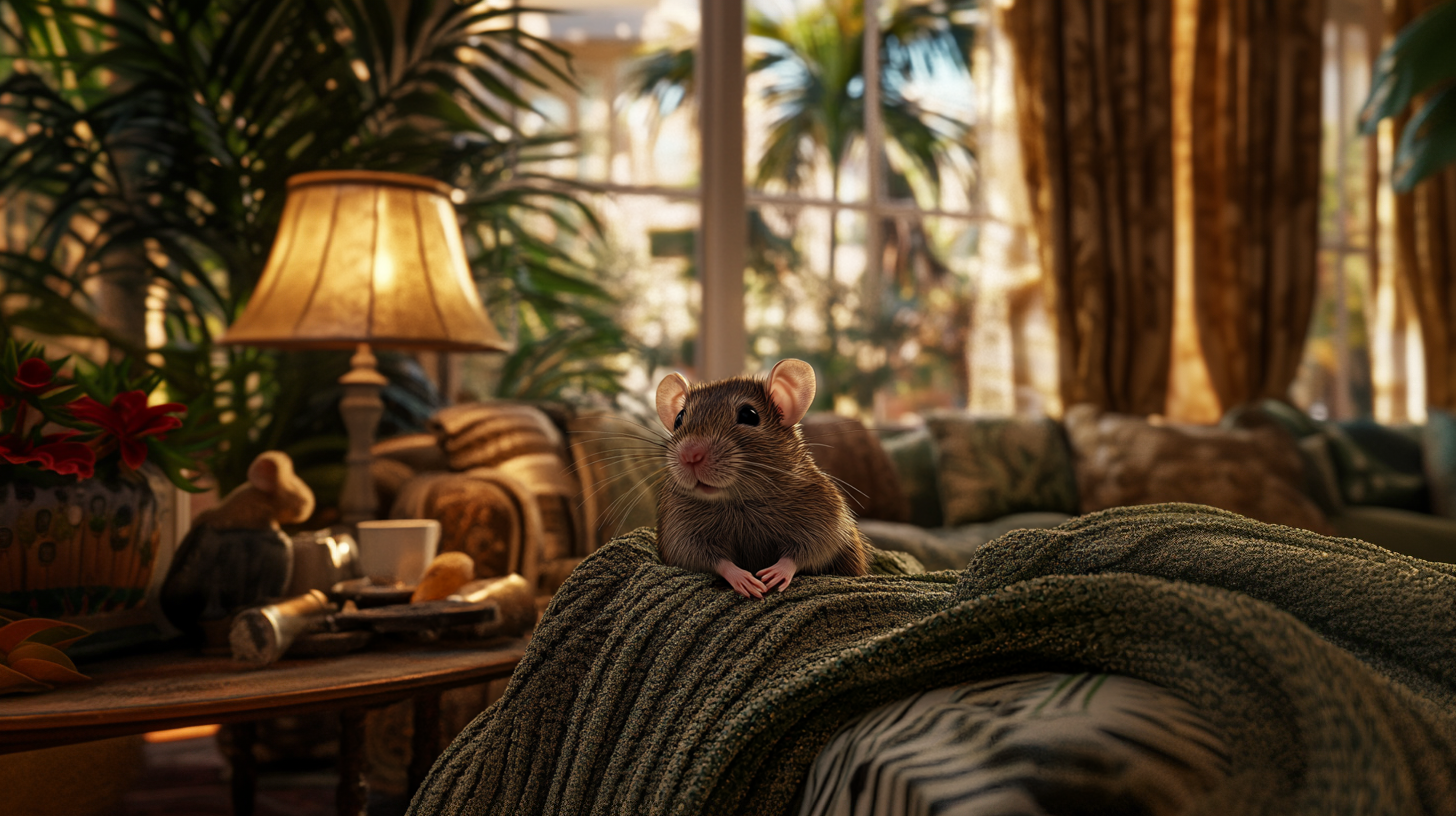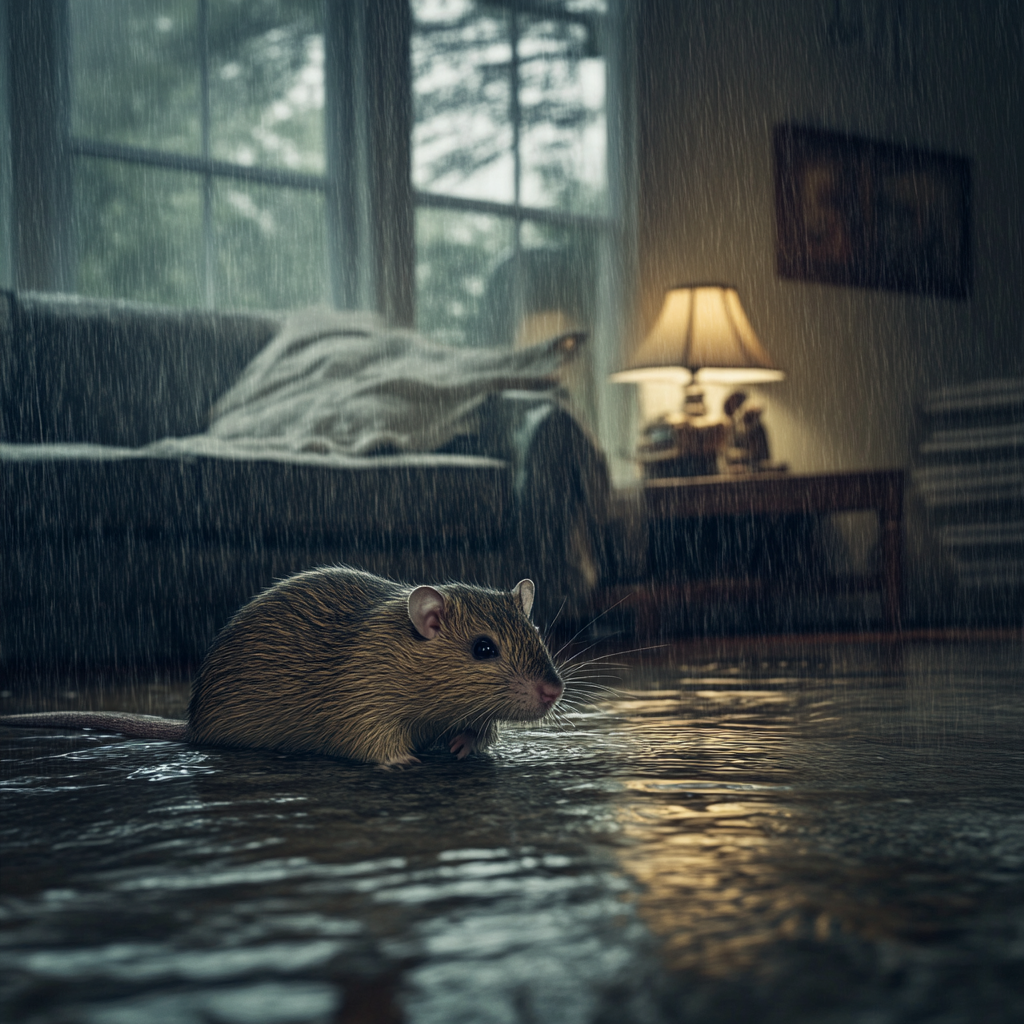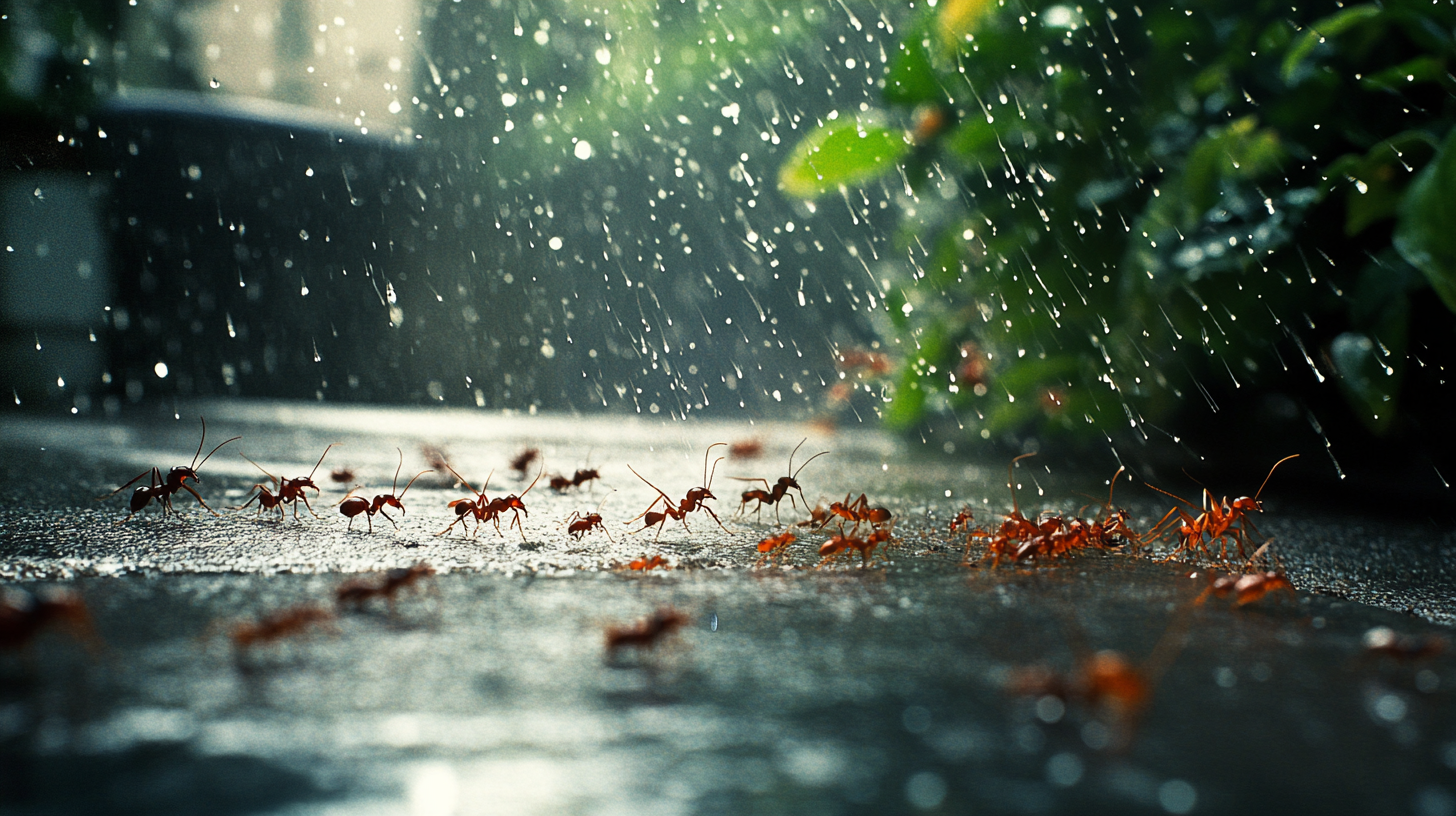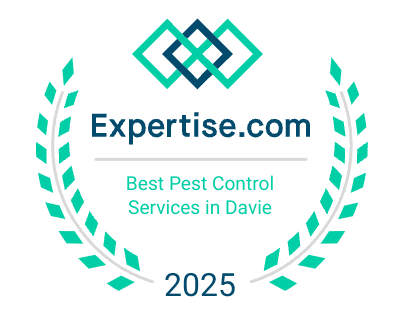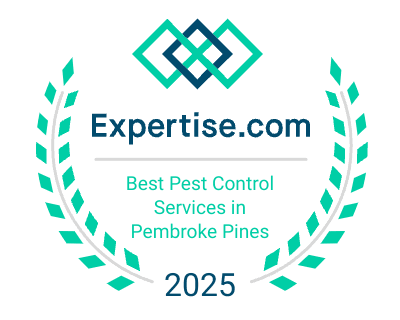8 Pest-Control Myths You Shouldn't Believe
Pests, those resilient intruders, have a knack for upending the tranquility of any home. But as a homeowner, separating fact from fiction in the realm of pest control is critical. The misinformation that often spreads can lead to ineffective tactics at best or harmful practices at worst.
In this post, we'll bust eight common pest-control myths to ensure that your home remains a safe, healthy, and pest-free sanctuary.
The Importance of Pest Control at Home
Home should be the one place where we can relax, unwind, and feel safe. However, pests can quickly turn this haven into a battleground.
From food contamination to property damage, pests pose numerous risks that range from annoying to potentially dangerous. Effective pest control is key to preventing these issues and safeguarding your home.
It's about more than just eliminating pests; it's a strategic defensive effort to ensure your home environment remains healthy and pleasant.
Myth 1: A Clean Home Means No Pests
One of the most pervasive pest-control myths is the idea that a clean home is impervious to pests. While cleanliness can certainly help, it's not an impenetrable barrier.
Pests are incredibly resourceful, and their survival instincts mean they can find sustenance and shelter in the tidiest of spaces. Removing food sources and minimizing clutter can deter pests, but it won't prevent a determined infestation.
Debunking the Myth
Pests, such as rodents, cockroaches, and ants, are often drawn by factors beyond simple mess. They seek water, warmth, and nesting sites, all of which can be present in a well-kept home. The reality is that rigorous housekeeping is one part of a multi-faceted pest control approach.
Myth 2: Ultrasonic Repellents Get Rid of Pests
The market is flooded with ultrasonic pest repellents that claim to drive away pests using high-frequency sound waves. These devices are said to be safe, cost-effective, and environmentally friendly.
Debunking the Myth
Numerous studies have found that these devices are largely ineffective at repelling pests. In laboratory settings, ultrasonic sound had some effect on pests, but that effect varied greatly between species and individuals.
In a home environment, with many variables that can block or alter the wave emissions, their effectiveness is severely compromised.
Myth 3: DIY Traps Are Just as Good as Professional Ones
The belief that homemade traps are just as effective as those used by professionals can lead homeowners to spend time and money on ineffective solutions.
Debunking the Myth
DIY traps, such as a line of baking soda for ants or a sticky tape square for mice, can be a temporary solution for small problems. However, they are rarely sufficient for larger, persistent infestations.
Professional traps and baits are designed for the specific behaviors and instincts of the targeted pests and are frequently more effective and humane.
Myth 4: Insect Sprays and Bombs Are the Best
When faced with a pest infestation, many homeowners reach for a can of insect spray or a fogging 'bug bomb'. The application is convenient, and the results seem immediate, but are they the best choice for control?
Debunking the Myth
While these products can provide short-term relief, they often fail to address the root of the problem. Sprays and bombs can be harmful to people, pets, and the environment.
They also kill pests in a way that spreads their pheromones, signaling others to flee and potentially spread to other parts of your home.
Myth 5: Natural Repellents Are Always Safe and Effective
There's a growing popularity in using natural repellents, such as peppermint oil or vinegar, as an alternative to chemical solutions. These are heralded as safe and often economical, but are they always the right choice?
Debunking the Myth
Natural repellents can sometimes work as a deterrent or in conjunction with other control methods. However, their effectiveness is often overhyped. Simple solutions like these do not provide the thorough coverage or long-term protection that a professional treatment might.
Myth 6: Pets Are Excellent Pest Detectors
Movies and popular perception often depict pets as the first line of pest detection. Dogs, in particular, are seen as natural-born detectors, sniffing out pests before they become a problem.
Debunking the Myth
While it's true that some pets may detect the presence of pests, they are not a reliable or thorough detection method. Many pests can co-exist with animals, and by the time your pet alerts you to their presence, an infestation could already be well underway.
Myth 7: Pests Will Die in the Winter
There's a commonly held belief that pests simply die off during the winter months, making pest control less necessary.
Debunking the Myth
In reality, many pests survive the winter by seeking out shelter inside homes. Mice, for example, often hunker down in attics or wall voids. The absence of other food sources can make your home an even more tempting haven for them during colder months.
Myth 8: Light at Night Attracts Pests
This myth claims that leaving lights on at night will attract pests into your home.
Debunking the Myth
Most pests are not attracted to light; instead, they seek out warmth and food. Insects are the exception here, as some are drawn to lights, but turning them off won't guarantee they'll stay outside.
Alternative Pest Control Strategies
- Regular Inspection: Frequently check your home for signs of pests, such as droppings, nests, or damage to food packages. Early detection can prevent larger infestations.
- Seal Entry Points: Make sure to seal any cracks or openings around doors, windows, and the foundation to deter pests from entering your home.
- Proper Waste Management: Securely store food and waste. Regularly emptying bins, using sealed containers for food storage, and managing compost properly can reduce pest attraction.
- Landscaping and Garden Maintenance: Keep your garden tidy and trim vegetation away from the house to minimize pest hiding spots and access points.
- Use of Biological Controls: Consider using natural predators or beneficial insects in the garden to control pest populations without chemicals.
- Professional Pest Control Services: For persistent or large-scale infestations, hiring professionals can provide a more comprehensive and effective solution than DIY methods.
- Educate Yourself and Stay Informed: Understanding the habits of common pests can help you prevent them from becoming a problem in your home.
Staying Informed for Effective Pest Control
The world of pests and their control is constantly evolving. It's important to stay informed about the latest research, best practices, and legal requirements. Rely on trusted sources and be wary of quick fixes and miracle solutions.
Seeking professional help, reading reputable blogs, or reaching out to your local extension service are great ways to stay well-informed. Sharing information within your community can also help to promote safe and effective pest control methods.
Conclusion
Pest control requires a multifaceted approach that is informed by facts, not myths. Consistent efforts such as cleaning, inspection, and prevention, combined with professional help when needed, are the best ways to keep your home pest-free. By educating yourself and those around you, you can contribute to a healthy and safe living environment for all.
Remember, your home is your castle, and a vigilant approach to pest control will help to keep the drawbridge up and the invaders at bay. If you’ve found these myth debunkings helpful, share them with your friends and neighbors. And if pests are currently giving you grief, contact us. Your home and your peace of mind will thank you.
About Us
Do you need top-notch, long-lasting pest control services for your business or residence in Weston, Florida and surrounding areas? Professional Pestguard is here for your assistance! We offer our customers reliable commercial and residential pest control solutions to help keep your properties safe and free from pests and other unwanted lawn issues.
To inquire about our professional ant control services, call us at (954) 389-6107, send a message to (786) 282-6767, or write to info@professionalpestguard.com. For requesting a service, please fill out our form to Request a Free Quote.
